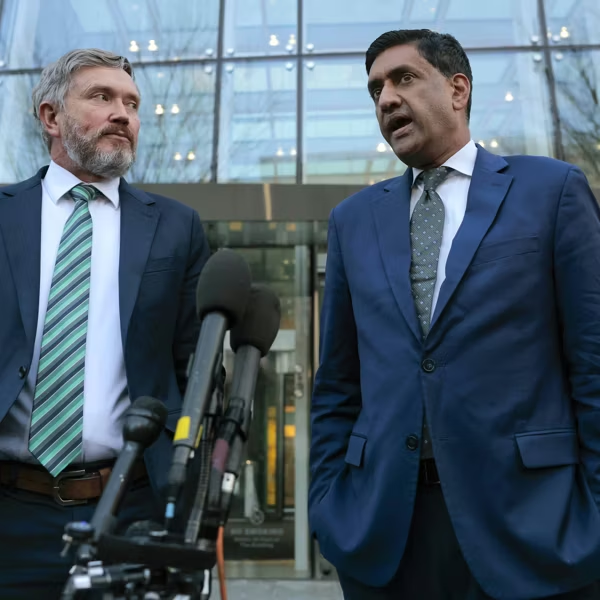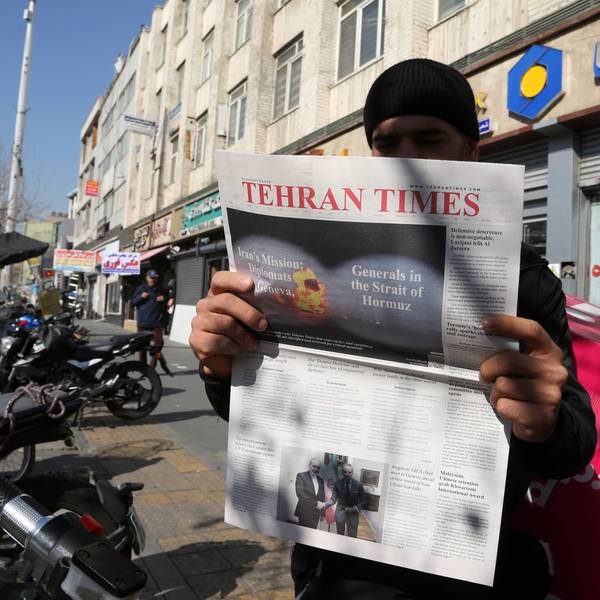The failure of U.S. Congress to pass a formal authorization for the war against the Islamic State (ISIS) means incoming President Donald Trump--whose brash and impulsive approach to foreign policy has raised alarms--will have effectively unlimited war powers, Politico reported Thursday.
In the absence of such a resolution, President Barack Obama has relied on the existing Authorization for the Use of Military Force (AUMF), passed in the wake of the 9/11 terrorist attacks, as justification for military action in Afghanistan, Iraq, Libya, Pakistan, Somalia, Syria, and Yemen. Attempts to replace or rein in the AUMF have failed.
As Politico explains:
[The] existing resolution authorizes force against those who aided or took part in the 2001 attacks--and has generally been interpreted as targeting "Al Qaeda and associated forces." It has no time frame or geographic limitations--and the [George W.] Bush and Obama administrations have invoked it as justification to go after suspected terrorists all over the world, from thePhilippines to the Horn of Africa, and even on the "high seas," according to the Congressional Research Service. It has been the legal justification for drone strikes, special forces raids, and many other types of U.S. military operations.
The Obama administration has taken an expansive view of which groups can be targeted under the 2001 AUMF, applying it to the Islamic State even though the terrorist network did not exist when the resolution was passed and has publicly feuded with Al Qaeda.
It remains to be seen how the Trump administration would interpret the broad powers he is stepping into. But some anti-war Democrats are very concerned.
They "worry that without an updated legal framework to govern the war on terror, Trump could turn some of his controversial campaign rhetoric into reality--from vows to bring back waterboarding to killing the families of terrorists," wrote Politico's Austin Wright. "Without a new resolution, Trump is likely to have almost unlimited powers as he takes over U.S. military involvement in Iraq, Syria, and Afghanistan and potentially ratchets up ongoing efforts to hunt down and kill suspected terrorists the world over."
Rep. Adam Schiff of California, the top Democrat on the House Intelligence Committee, told Politico: "You could easily see him wanting to ramp up the war on terror and take it to new parts of the globe. There are few limits on what he can do."
And Rep. Barbara Lee, also of California, expressed concern about the prospect of "an inexperienced president who tweets and gets angry" having "broad war-making power."
"It's a dangerous place to be," she told Wright.
These are hardly the first warnings issued over "the extraordinary scope of powers Trump inherits," as Guardian columnist Trevor Timm put it last month.
Timm placed at least part of the blame on the Obama administration, which he said "has not only done nothing to curtail the slew of extreme national security and war powers that Trump is about to acquire since the election," but in fact has "actively expand[ed] them."
"Make no mistake," Timm wrote, "Trump will have a free hand to use the law meant for the perpetrators of 9/11 to wage war around the world, fashioning it to different enemies at his command, and he will be able to point to precedent set by the Obama administration as he does it."
Meanwhile, Slate's Joshua Keating pointed at Democratic lawmakers who were reticent to rein in Obama when they had the chance. "Now that a man who made 'bomb the shit out of them' a campaign pledge and thinks he should be allowed to kill terrorists' families is about to enter the Oval Office with few limits on when and where he can wage an ill-definied war," Keating wrote, "Democrats may wish they had done their jobs."




